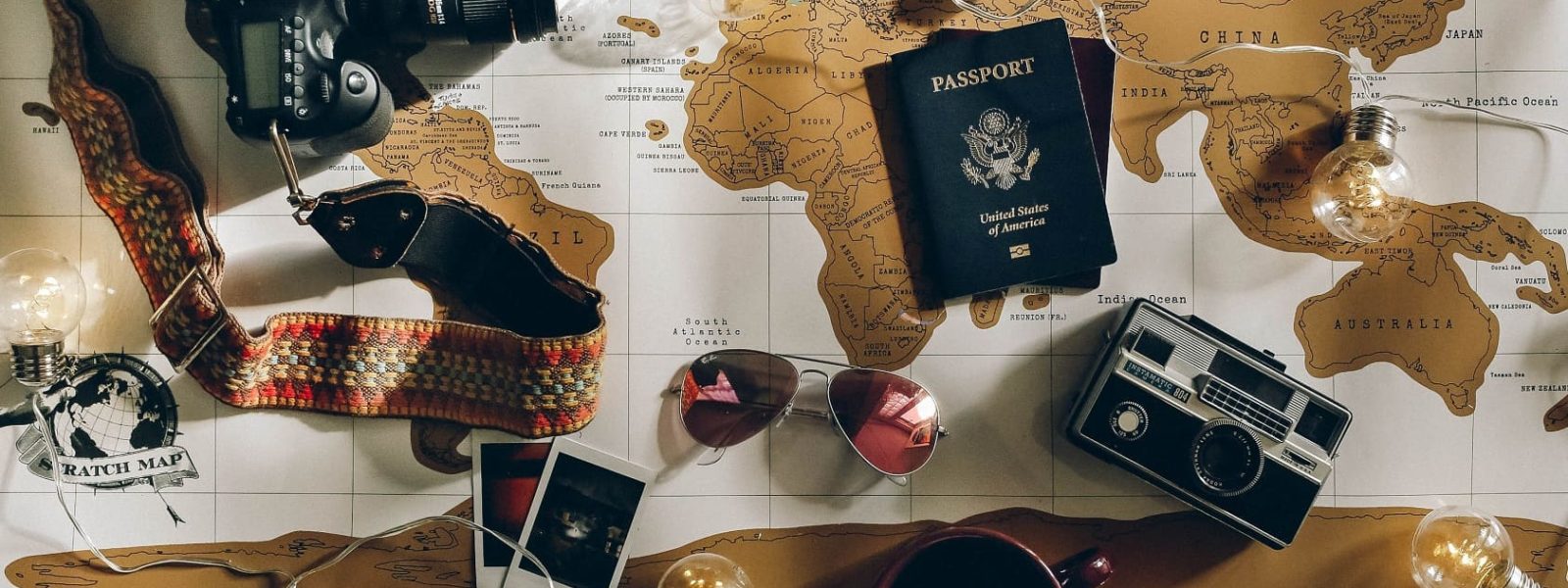What to pack, bring and wear on a safari to Lake Mburo National park. Packing for a safari to Lake Mburo
Except if you are a specialized traveler with an interest in activities like Sport Fishing, Wildlife Filming, etc, the list of things to pack for your safari to Lake Mburo national park is basic (we will list them below) Packing for a safari to Lake Mburo
- Sun cream for extra protection from the sun, especially during game drives.
- Insect Repellent for Mosquitoes and other insects while at the lodge or during your game drives.
- A Sweater or Jacket for the evening time when it does tend to get chilly.
- A raincoat if you intend to venture out on a walking safari, cycling tour, or Horseback Safari.
- Camera for your photography needs.
- A pair of binoculars both for game viewing and bird watching.
- A decent pair of shoes especially if you intend to go on a walking safari, cycling tour, or Horseback Safari.
- A hat for added protection against direct sunlight.
- A flashlight does come in handy especially after dinner when you have to get back to your room.
- Trainers for if you intend to stay and play Wild Tennis at the Private Mihingo Safari Lodge. It’s also possible to arrange a run-in-the wild Session for athletes or sporty travelers.
If your trip combines other Safari parks in Uganda, you might consider looking at our comprehensive Packing list for a Uganda Safari. Packing for a safari to Lake Mburo
What to Pack, bring & wear
• Layers – long and short sleeve shirts and trousers
• A warm fleece or jumper
• A lightweight waterproof jacket
• Comfortable but sturdy shoes
• Flip-flops
• Swimming costume (Bathing suit)
• A hat or baseball cap
• Sunglasses
• Sunscreen – a must!
• Toiletries – most camps will provide shampoo, shower gel, and soap
• A small torch
• Spare batteries, plug adaptors, and charging equipment
• A good pair of Binoculars (8×40/8×42 is recommended)
• Books or a fully loaded Kindle / iPad for siesta time
• Pair of garden gloves (1 pair)
• Low ankle gators (1 pair)
• Knee-high socks (1 pair)
Most camps and lodges will have a small medical and first aid kit, but we recommend bringing your own supply of essentials – cough medicine, plasters, vitamins, aspirin and paracetamol, and anything else you use on a regular basis.
Camera Equipment (for the enthusiasts)
• A telephoto lens (200/300mm)
• Flash and fast film (400 ASA) for night photography
• Ample film (64,100,200,400 ASA) if you are using an SLR camera
• Spare memory cards for digital cameras
• Camera cleaning equipment and a good dust proof bag
• Bring spare batteries as although you may recharge your batteries at the camps, charging capacity can be limited
Note: Although plastic bags are banned in Uganda, there is very little clarity as to whether the ban is being actively implemented. We recommend not transporting plastic bags into Uganda if avoidable.
Luggage
Please check with your airlines for the specific luggage restrictions relevant to your flight schedule. Many international airlines have a baggage allowance of 20kgs or more per person and commercial airlines generally permit two (2) pieces of checked luggage. The carry-on bag must be of such dimensions and weight as set by the airlines.
Luggage Restrictions on Internal Flights
Please be advised that on domestic flights, luggage is limited to one SOFT duffel bag per person with a maximum weight of 15kg/33 lbs. No hardshell bags are permitted.
Electricity
In Uganda, the standard voltage is 240 V and the frequency is 50 Hz. You can use your electric appliances in Uganda if the standard voltage in your country is between 220 – 240 V (as is in the UK, Europe, Australia, and most of Asia and Africa). If the standard voltage in your country is in the range of 100 V – 127 V (as is in the US, Canada, and most South American countries), you will need an adapter/converter.
Gratuities
Gratuities are not compulsory or expected; rather it is a reward for excellent service. If you are pleased with the service you have received, you are more than welcome to tip your guide or the staff. Tipping is usually done at the end of your stay. You may tip the staff individually, give the tip to the manager to distribute, or do both. Tips can be made in the local currency (UGX), USD, GBP, or EUR.
Gratuities suggestions:
Safari Camp lead guide: $10 – $15 per person per day
Transfer drivers (e.g. in cities or between airport and hotel/lodge): $2 per person per transfer
Porter: $1 per bag.
General Camp staff (put in a central box in each camp’s main area): $7 – $10 per person per day
Waiters & staff in a city restaurant: 10%-15% (large group may incur automatic service charge, please check)


